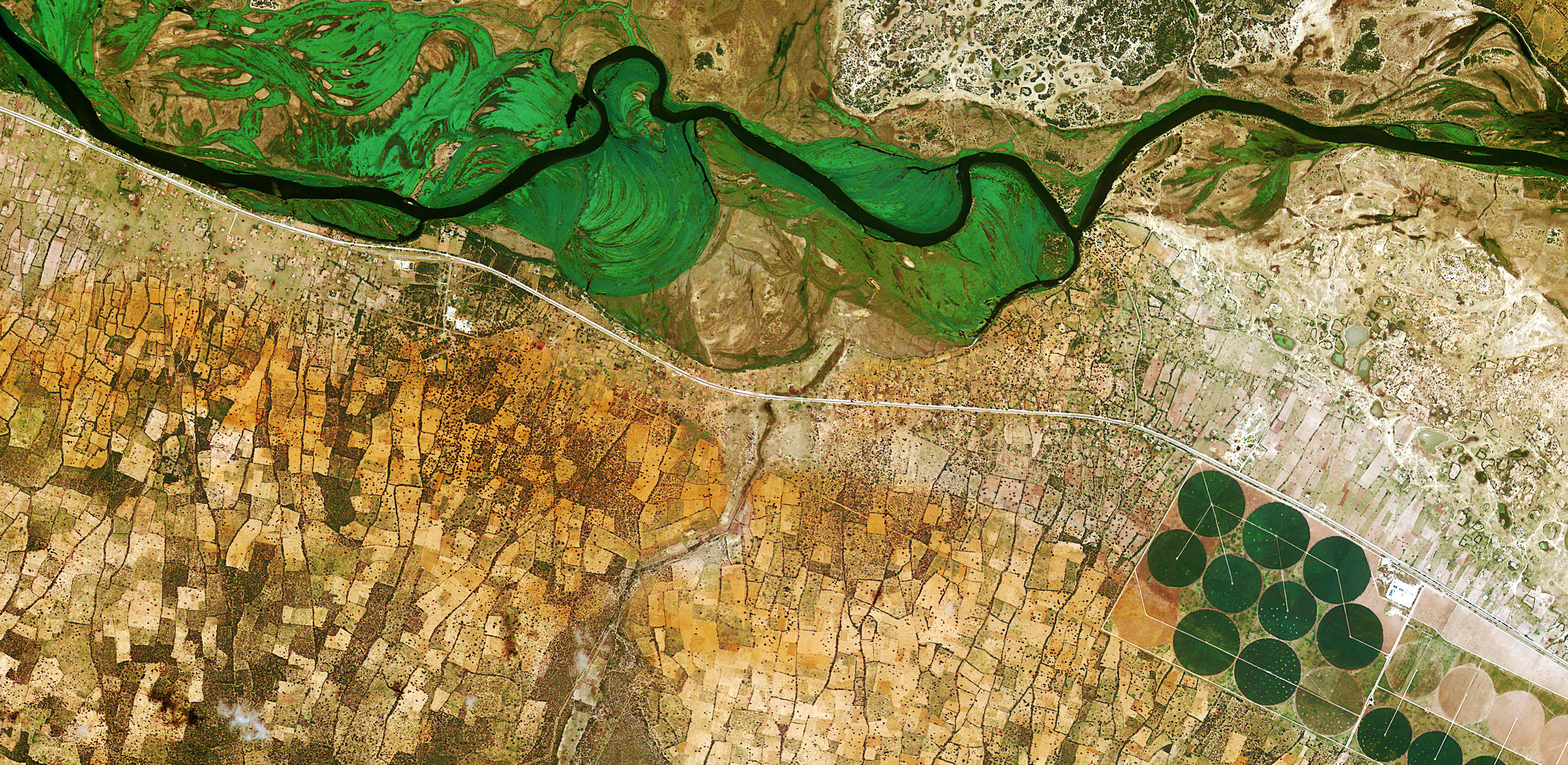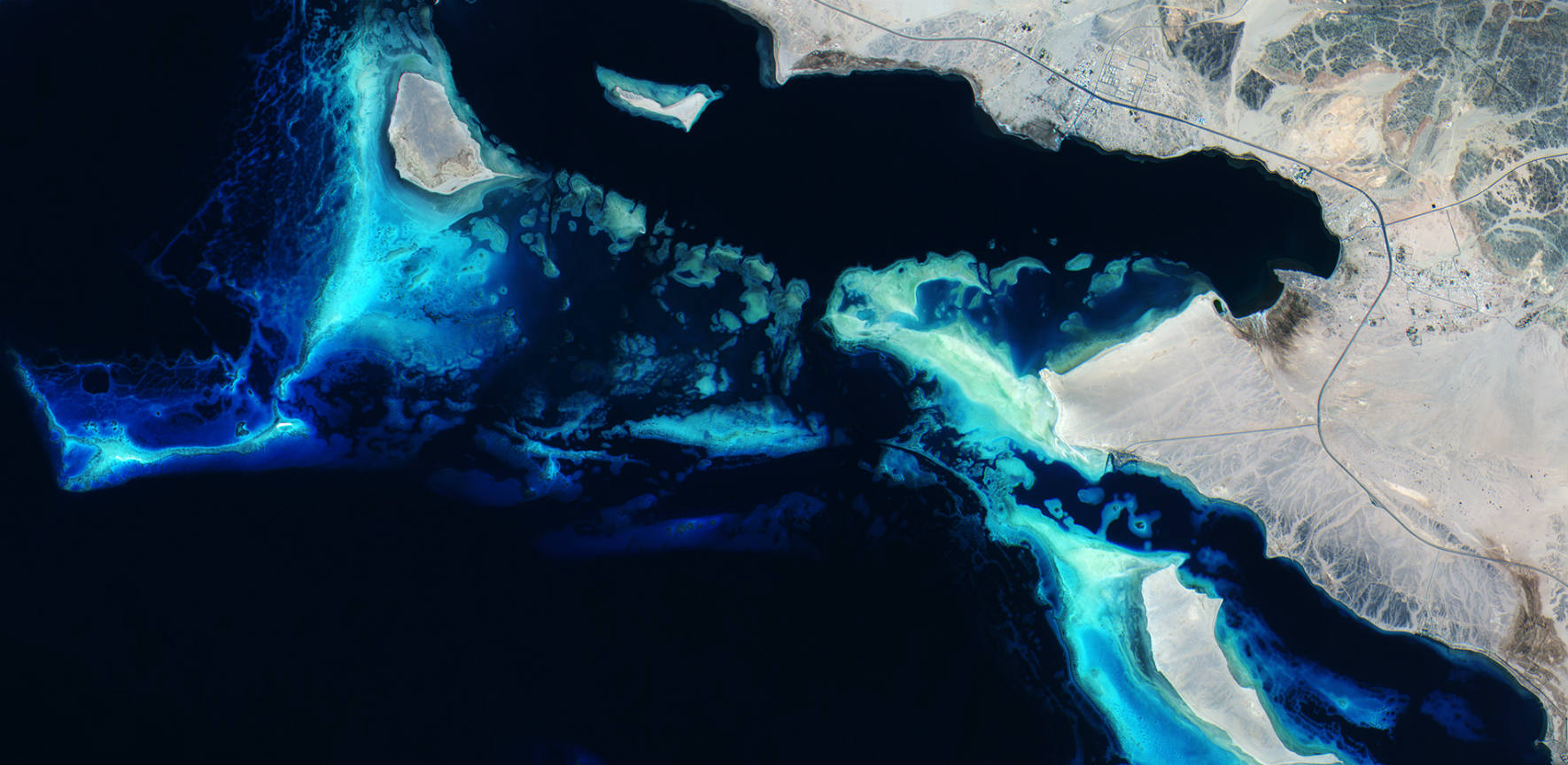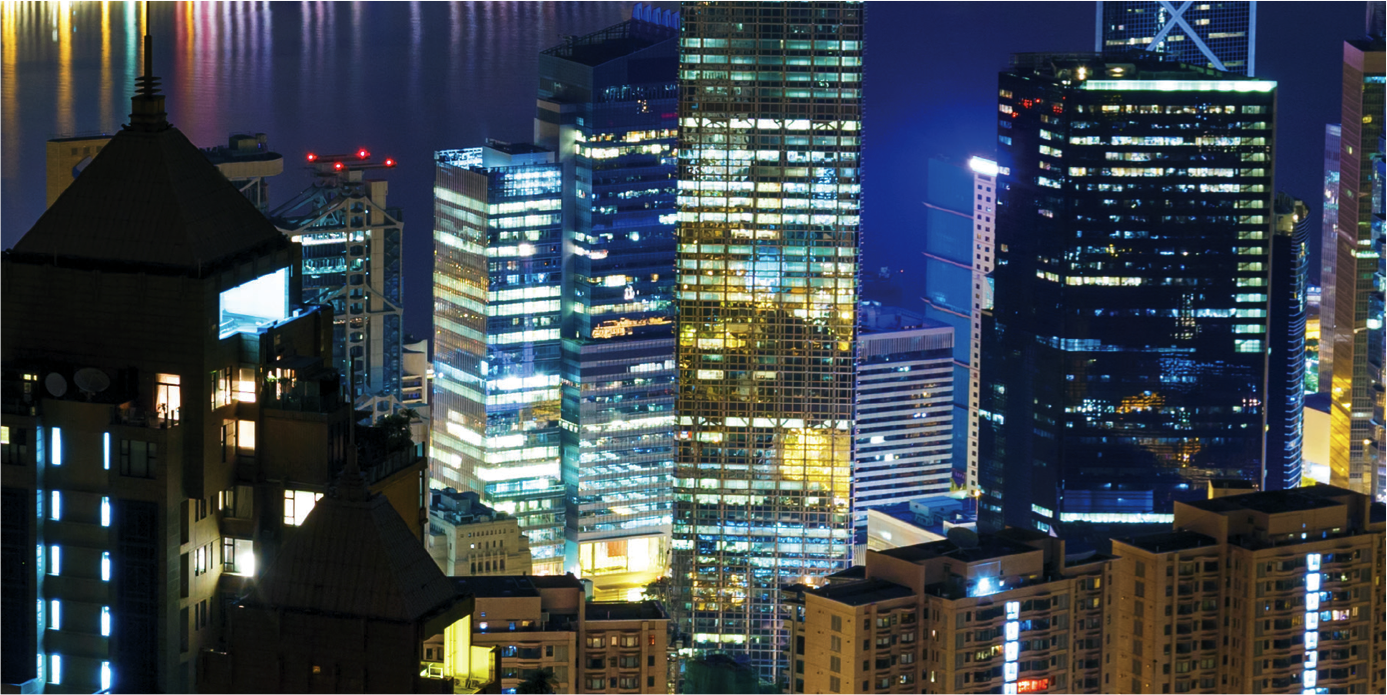
A rising world population, declining resources and a changing climate are all reshaping where we live and how we live. So how do we respond?
This key question is the focus of a new Forum in the University of Cambridge which aims to stimulate cross-disciplinary conversations about some of some of the planet’s most pressing global sustainability challenges and to bring fresh ideas and perspectives to research which will help to prepare for and address those challenges.
On a global scale, we need to find a way in which 7 billion people, expected to rise to 8 billion by 2030 and 9.6 billion by 2050, can live a high quality of life that is less demanding on our planet. And to adapt, be efficient and sustainable, we need to know where to place our energies – nationally and globally – to meet the challenges the future will bring. Unfortunately there is no silver bullet: The solutions will need to be “multi-pronged” and multi-disciplinary, requiring knowledge from many different sources.
”Sharing the knowledge” and catalysing those connections are two of the goals of the Cambridge Forum for Sustainability and the Environment, a forum in the University made up of 25 of the University’s leading experts in areas ranging from energy, biodiversity and food security to anthropology, architecture, history and economics.
Professor Lord Martin Rees is the Chair of the Forum and Professor Paul Linden is the Director. We meet in Downing College on the third Tuesday of every month between October and June.
One of the Forum’s aims is to bring people together who would not usually meet each other but who are working in areas which overlap enough to stimulate an interesting discussion. Each month, three expert ‘witnesses’ are invited to help us to explore different aspects a particular area and to generate new trans-disciplinary research questions.
The general theme of the discussions is 'sustainability in an uncertain future' and we change topics each October.
In our first year, the Forum brought together a rich mixture of policy and decision-makers, technical experts and researchers to talk about sustainable cities. Discussions during this topic formed the basis of a new £4.1 million research programme on 'Managing Air for Green Inner Cities' (MAGIC). This 5 year project will be led by the University of Cambridge and is one of seven new EPSRC research programmes that aim to tackle some of the UK’s major science and engineering challenges.
In October 2014, our focus shifted to a second topic - ‘Balancing biodiversity, energy, water and food security’, stimulating connections between three of the University’s Strategic Initiatives - Cambridge Conservation Initiative, the Global Food Security Initiative and Energy@Cambridge - and explored the challenges we face as we place ever increasing and sometimes competing demands on land and natural resources.
Last academic year, our topic was 'Risk, resilience and response' and each term we explored a different theme. First, we focused on food and water supply resilience and jointly hosted the three meetings with the Joint Research Centre (JRC) of the European Commission. Between January and March 2016, we built on the discussions we had during our first topic to look at ways in which big data and technology will shape the way we view and live in cities of the future. In April, May and June we explored energy resilience and our expert witnesses helped us to explore research questions related to ways in which bioenergy (based on photosynthesis) be used as a deployable and sustainable energy source for off–grid situations.
This year, we will be generating research questions that draw connections between health, wellbeing and sustainability. First, in October, November and December, we will focus on the determinants of health and wellbeing in places and where we live. Between January and March 2017, we will build on the discussions we had during our last year’s topic and focus on our lifestyles and what we eat. Finally, in April, May and June, we will explore people and new population dynamics in a rapidly changing world.
These meetings have and are generating some fascinating ideas. We’re in the process of distilling them into outputs which will bring together a series of research questions related to how we live, where we live and how we respond to change.
Image: Sea ice around Antarctica in September 2014
Image Credit: IceBridge DMS L0 - more information in this article




